Home>Garden Essentials>What To Do With Poppy Seeds
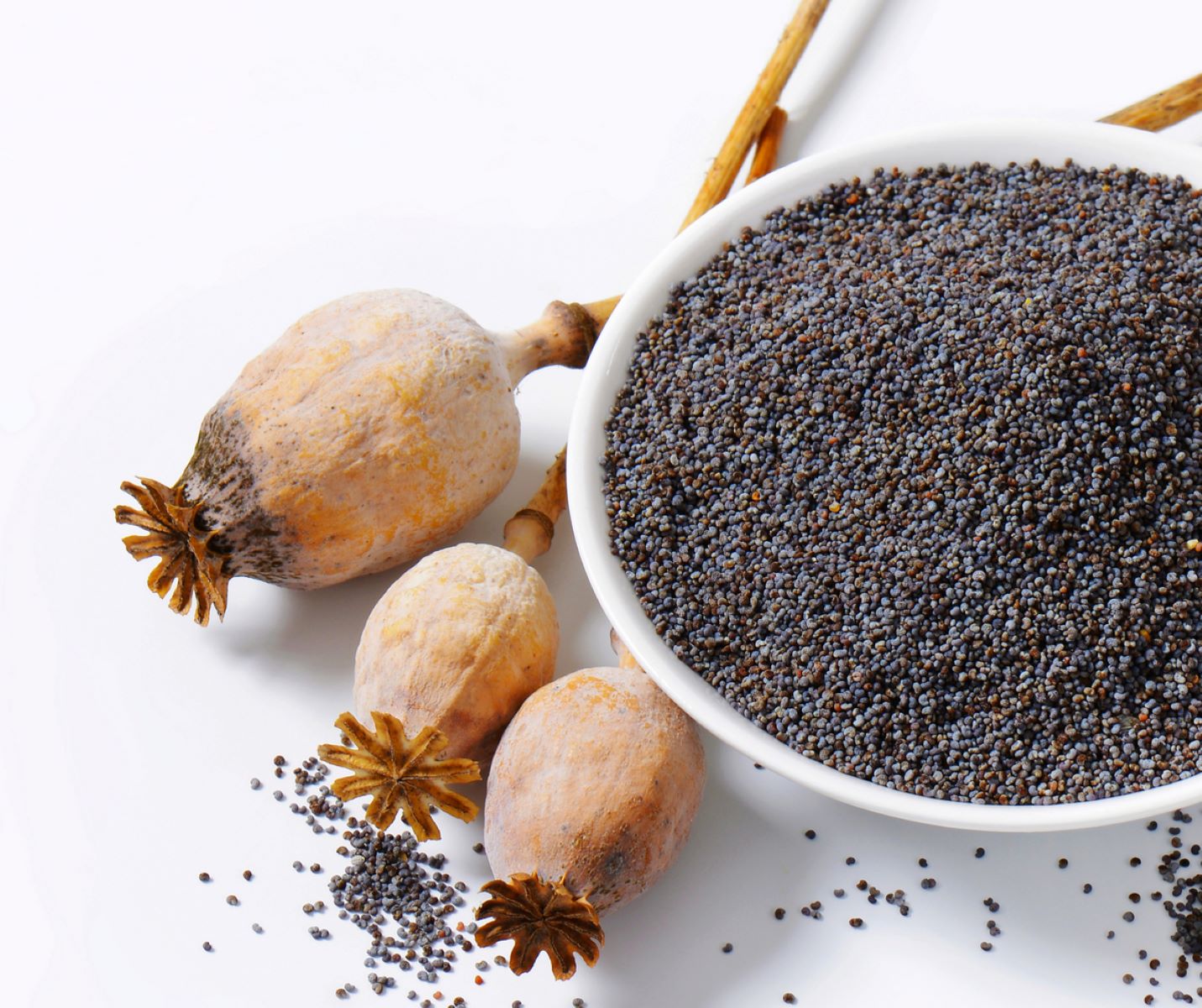

Garden Essentials
What To Do With Poppy Seeds
Modified: March 24, 2024
Looking to make the most of your garden? Discover creative uses for poppy seeds, from baking to natural remedies. Transform your garden harvest today!
(Many of the links in this article redirect to a specific reviewed product. Your purchase of these products through affiliate links helps to generate commission for Storables.com, at no extra cost. Learn more)
Introduction
Welcome to the wonderful world of poppy seeds! These tiny, oil-rich seeds have been a staple in cuisines and traditional medicine practices for centuries. Derived from the opium poppy plant (Papaver somniferum), poppy seeds are not only used for culinary purposes but also possess various health benefits and find applications in other industries.
Cultivated in many parts of the world, poppy seeds are well-known for their unique nutty flavor and crunchy texture. They come in various colors, including white, gray, blue, and black, with each variety adding its own distinct touch to dishes. Let’s explore the different uses of poppy seeds and discover why they are a must-have ingredient in your pantry.
Key Takeaways:
- Poppy seeds are more than just a tasty addition to baked goods – they offer potential health benefits, from promoting heart health to aiding digestion and supporting skin health.
- Beyond the kitchen, poppy seeds have diverse uses in cosmetics, skincare products, and even industrial applications, showcasing their versatility and value in various aspects of our lives.
Read more: What To Do With Poppy Seed Filling
Culinary Uses
Poppy seeds are a versatile ingredient that can be incorporated into a wide range of culinary creations. From baking to cooking and even as a topping, these tiny seeds add a delightful burst of flavor and visual appeal to dishes. Let’s explore some popular culinary uses of poppy seeds.
Baking with Poppy Seeds: One of the most common uses of poppy seeds is in baking. They are often added to bread, muffins, cakes, and pastries, imparting a subtle yet distinct nutty flavor. Lemon poppy seed muffins and poppy seed bagels are classic examples of how these seeds can elevate the taste and texture of baked goods.
Cooking with Poppy Seeds: Poppy seeds are also used in savory dishes, particularly in Indian and Middle Eastern cuisines. They are added to curries, stir-fries, and rice dishes, infusing them with a rich, earthy flavor. In addition, poppy seeds are commonly used as a thickening agent in sauces and gravies.
Salad and Dressing Recipes: Adding poppy seeds to salads brings a delightful crunch and a burst of flavor. They can be sprinkled over green salads, fruit salads, or used in creamy dressings. Their nutty taste pairs well with ingredients like spinach, strawberries, and goat cheese, creating a delicious balance of flavors.
Poppy Seed Infused Oils: Poppy seed oil is extracted from the seeds and used to add a unique flavor to various dishes. It is often drizzled over salads, roasted vegetables, or even used as a marinade for meats. The oil enhances the taste profile and provides a gentle, nutty aroma to the food.
These are just a few examples of how poppy seeds can be used in the culinary world. Their versatility and ability to complement both sweet and savory dishes make them a valuable ingredient in any kitchen.
Baking with Poppy Seeds
When it comes to baking, poppy seeds are a baker’s secret ingredient for adding texture and flavor to a variety of treats. Whether you’re making bread, muffins, cakes, or pastries, incorporating poppy seeds can take your baked goods to another level. Let’s delve into the world of baking with poppy seeds and explore some delicious recipes.
Lemon Poppy Seed Muffins: Lemon poppy seed muffins are a beloved classic. These moist and tender muffins are infused with the subtle citrus flavor of lemon zest and topped with a sprinkle of poppy seeds for a delightful crunch. Perfect for breakfast or a snack, these muffins are sure to brighten up your day.
Poppy Seed Bagels: Bagels topped with poppy seeds are a popular choice for breakfast or brunch. The seeds not only add a distinct nutty flavor but also create a visually appealing contrast against the golden crust of the bagel. Enjoy them plain or with your favorite spread for a satisfying start to your day.
Poppy Seed Cake: If you’re looking for a show-stopping dessert, a poppy seed cake is a great choice. This moist and rich cake is infused with poppy seeds and often paired with a sweet glaze or frosting. The tiny specks of black from the seeds add a touch of elegance to the cake, making it a perfect centerpiece for any celebration.
Poppy Seed Bread: Adding poppy seeds to bread dough not only enhances its flavor but also gives it a unique texture. The seeds create small pockets of crunchiness throughout the loaf, making each bite a delightful experience. Enjoy a slice of poppy seed bread on its own, toast it, or use it to make a flavorful sandwich.
Baking with poppy seeds opens up a world of possibilities. The seeds can be incorporated into various recipes, allowing you to experiment with different flavors and textures. So go ahead and get creative in the kitchen – let the magic of poppy seeds elevate your baking to new heights.
Cooking with Poppy Seeds
While poppy seeds are often associated with baking, they also hold their own in savory dishes. With their nutty flavor and subtle crunch, poppy seeds can elevate the taste profile of various dishes. Let’s dive into the world of cooking with poppy seeds and discover some delightful recipes.
Poppy Seed Chicken: Poppy seed chicken is a delicious and comforting dish that is perfect for a family meal. Tender chicken breasts are coated in a creamy sauce infused with poppy seeds, adding a unique twist to the traditional chicken recipe. Serve it with rice or pasta for a satisfying and flavorful dinner.
Paneer with Poppy Seed Curry: In Indian cuisine, poppy seeds are commonly used in curries and gravies to add depth and richness. Paneer, a semi-soft Indian cheese, pairs perfectly with a poppy seed curry. The creamy texture of the cheese complements the nutty flavor of the seeds, resulting in a delectable vegetarian dish.
Poppy Seed Crusted Salmon: For seafood lovers, poppy seeds can be used to create a flavorful crust on salmon fillets. Simply coat the top of the salmon with a mixture of poppy seeds and other spices, then bake or pan-fry until the fish is perfectly cooked. The poppy seeds add a delightful crunch and a subtle earthy note to the dish.
Poppy Seed Rice Pilaf: Rice dishes can be transformed with the addition of poppy seeds. Cook basmati rice with aromatic spices and sprinkle poppy seeds over the cooked rice for a fragrant and flavorful pilaf. This dish pairs well with a variety of curries or can be enjoyed on its own as a satisfying vegetarian meal.
Cooking with poppy seeds allows you to explore new flavors and create delicious dishes. From chicken and fish to vegetarian options, the versatility of poppy seeds extends beyond the realm of baking. So go ahead and experiment in the kitchen, and let the nutty goodness of poppy seeds elevate your culinary creations.
Salad and Dressing Recipes
Poppy seeds can add a delightful crunch and a burst of flavor to your salads. Whether you’re making a green salad, a fruit salad, or even a grain-based salad, incorporating poppy seeds can take your salad game to the next level. Let’s explore some delicious salad and dressing recipes featuring these tiny, flavorful seeds.
Spinach and Strawberry Salad: This refreshing salad combines the crispness of fresh spinach leaves with the sweetness of ripe strawberries. Sprinkle a generous amount of poppy seeds over the salad for a delightful crunch. Drizzle with a tangy vinaigrette made with balsamic vinegar, olive oil, honey, and a touch of poppy seeds for a perfectly balanced and colorful salad.
Mixed Green Salad: Create a vibrant and nutritious salad by mixing various greens like lettuce, arugula, and baby spinach. Add an array of toppings like cherry tomatoes, cucumber slices, avocado, and feta cheese. Finish off with a sprinkle of poppy seeds for added texture and flavor. Serve with your favorite dressing or try a simple lemon-poppy seed dressing.
Quinoa and Vegetable Salad: Incorporate poppy seeds into a delicious grain-based salad for a wholesome and nutritious meal. Cook quinoa and toss it with an assortment of colorful vegetables like bell peppers, cherry tomatoes, cucumbers, and red onions. Drizzle with a lemon-poppy seed dressing made with lemon juice, olive oil, honey, and, of course, poppy seeds.
Fruit Salad with Poppy Seed Dressing: Fresh fruits are made even more delightful with the addition of poppy seeds. Combine a variety of fruits like berries, melons, grapes, and citrus fruits in a bowl. Make a simple dressing with Greek yogurt, honey, lime juice, and a sprinkle of poppy seeds. Drizzle the dressing over the fruits for a refreshing and healthy dessert-like salad.
These salad and dressing recipes serve as a starting point, but feel free to get creative and adapt them to suit your taste preferences. Poppy seeds not only enhance the visual appeal of salads but also add a lovely texture and nutty flavor. So, explore the world of salads and enjoy the culinary adventure with poppy seeds.
Read more: What Are Poppy Seed
Poppy Seed Infused Oils
Poppy seed oil is derived from the cold-pressed extraction of poppy seeds, resulting in a flavorful oil that can be used for both culinary and medicinal purposes. This oil has a unique nutty taste and a mild aroma, making it a valuable ingredient in various dishes. Let’s explore the world of poppy seed-infused oils and discover how they can enhance your cooking.
Flavorful Dressings and Marinades: Poppy seed oil can be used as a base for creating delicious salad dressings and marinades. Its nutty flavor adds depth to both sweet and savory dressings. Combine poppy seed oil with vinegar, honey, mustard, and herbs to create a tasty vinaigrette. For marinades, mix poppy seed oil with spices, garlic, and citrus juice to infuse meat or vegetables with flavor.
A Drizzle of Deliciousness: Drizzling poppy seed oil over cooked dishes adds a finishing touch of flavor and aroma. It can be used to enhance the flavors of roasted vegetables, grilled meats, or even pasta dishes. The oil’s nutty taste complements a wide range of culinary creations, taking them to the next level.
Baking and Desserts: Poppy seed oil can also be used in baking, adding an extra depth of flavor to your sweet treats. Use it in cakes, cookies, or muffins to impart a subtle nutty note. Additionally, the oil can be used as a substitute for butter or other oils in certain recipes, adding a unique flavor profile to your baked goods.
Infused Homemade Mayonnaise: Making your own mayonnaise is simple and allows you to control the ingredients. By infusing poppy seed oil into homemade mayonnaise, you can enjoy the distinct flavor it brings to sandwiches, dips, and dressings. Combine egg yolks, vinegar, mustard, and a drizzle of poppy seed oil for a creamy and flavorful mayo.
Poppy seed oil is not only a culinary delight but also offers several health benefits. Rich in essential fatty acids and antioxidants, it can support a healthy heart, promote skin health, and boost overall well-being. Just a drizzle of poppy seed oil in your dishes can not only enhance the taste but also add nutritional value.
Next time you’re looking to add a unique flavor to your culinary creations, consider incorporating poppy seed-infused oil. Its nutty taste, versatility, and health benefits make it a valuable addition to your kitchen arsenal.
Medicinal Uses
Poppy seeds have been used for centuries in traditional medicine practices due to their potential health benefits. While it’s important to note that the medicinal uses of poppy seeds should be approached with caution and under the guidance of a healthcare professional, they do offer some potential therapeutic properties. Let’s explore the traditional remedies and health benefits associated with poppy seeds.
Traditional Remedies: In traditional medicine, poppy seeds have been utilized to address a range of ailments. They were commonly used to manage digestive issues, such as constipation and stomachaches. The seeds were also employed for their potential analgesic properties to alleviate pain, including headaches and toothaches. However, it’s crucial to remember that these practices should not replace professional medical advice or treatment.
Health Benefits of Poppy Seeds: Poppy seeds are packed with essential nutrients, including minerals, vitamins, and dietary fiber. They are a good source of calcium, magnesium, zinc, and iron, which are all important for maintaining optimal bodily function. Additionally, poppy seeds contain healthy fats, such as omega-3 fatty acids, which are beneficial for heart health and reducing inflammation in the body.
Poppy Seed Tea: Poppy seed tea is a traditional remedy that has gained popularity in recent years. It is made by steeping poppy seeds in hot water and then straining the liquid. The resulting tea is believed to have sedative and relaxing effects, which may aid in promoting sleep and relieving stress. It’s important to note that poppy seed tea can also contain trace amounts of opiate alkaloids, so caution should be exercised when consuming it.
While poppy seeds offer potential health benefits, it’s important to exercise caution and use them in moderation. It’s always advisable to consult with a healthcare professional before using poppy seeds or any natural remedies, especially if you have underlying health conditions or are taking medications.
Overall, while poppy seeds have a rich history of use in traditional medicine, it’s important to approach them with care and seek professional advice to ensure their safe and appropriate use.
Add poppy seeds to your baking for a nutty flavor and a crunchy texture. They work well in breads, muffins, and cakes, and can also be used to make a delicious poppy seed dressing for salads.
Traditional Remedies
Poppy seeds have long been revered for their potential medicinal properties and have been utilized in traditional remedies for various ailments. While it’s crucial to approach these remedies with caution and consult a healthcare professional, understanding the traditional uses of poppy seeds can provide insight into their potential therapeutic benefits. Let’s explore some traditional remedies associated with poppy seeds.
Relief from Digestive Issues: Poppy seeds have historically been used to address digestive problems such as constipation and stomachaches. The seeds were believed to have mild laxative properties, helping to alleviate discomfort and promote regular bowel movements. Ground poppy seeds were often incorporated into herbal remedies or consumed in the form of tea to soothe the digestive system.
Pain Management: In traditional medicine, poppy seeds were prized for their potential analgesic properties. Ground or crushed poppy seeds were applied topically to alleviate pain associated with conditions such as headaches, migraines, and toothaches. The seeds were believed to possess naturally occurring compounds that could help reduce inflammation and provide temporary pain relief.
Sleep Aid and Relaxation: Poppy seed tea has been used in traditional remedies as a natural sleep aid and relaxant. The tea is made by steeping poppy seeds in hot water and then straining the liquid. It was thought to have sedative effects, promoting deep relaxation and aiding in quality sleep. However, it’s important to note that consuming poppy seed tea can have risks, as it may contain trace amounts of opiate alkaloids.
While these traditional remedies showcase the potential benefits associated with poppy seeds, it’s crucial to emphasize the importance of seeking professional medical advice before incorporating them into your health routine. Traditional remedies should never replace prescribed treatments, and it’s essential to weigh the potential risks and benefits of using poppy seeds in any form.
As with any natural remedy, it’s important to exercise caution, moderation, and consult with a qualified healthcare professional to ensure the safe and appropriate use of poppy seeds.
Health Benefits of Poppy Seeds
Beyond the culinary and traditional medicinal uses, poppy seeds offer a range of health benefits due to their nutritional composition. While it’s important to consume them in moderation, incorporating poppy seeds into your diet can provide a variety of advantages. Let’s explore the potential health benefits of poppy seeds in more detail.
A Good Source of Nutrients: Poppy seeds are packed with essential vitamins, minerals, and dietary fiber. They are rich in calcium, a mineral crucial for maintaining strong bones and teeth. Additionally, poppy seeds contain magnesium, which supports proper nerve and muscle function, and zinc, which plays a key role in supporting the immune system and promoting wound healing.
Heart Health: Poppy seeds contain healthy fats, including omega-3 fatty acids. These fats have been associated with a reduced risk of heart disease by promoting healthy cholesterol levels and reducing inflammation in the body. Incorporating poppy seeds into a balanced diet can contribute to supporting heart health.
Aids Digestion: The dietary fiber content in poppy seeds can help support healthy digestion. Fiber adds bulk to the stool, facilitating regular bowel movements and preventing constipation. Including poppy seeds as part of a fiber-rich diet can help promote a healthy digestive system and prevent gastrointestinal issues.
Promotes Skin Health: The presence of antioxidants in poppy seeds can contribute to healthy skin. Antioxidants fight free radicals and help protect the skin from cellular damage, reducing the signs of aging and promoting a youthful appearance. Additionally, the essential minerals in poppy seeds, such as zinc, can support proper skin healing and maintain skin health.
Boosts Energy Levels: Poppy seeds contain energy-boosting nutrients, including carbohydrates and fats. They provide sustained energy and can aid in combating fatigue. Including poppy seeds in meals or snacks can help provide a natural energy boost throughout the day.
While poppy seeds offer potential health benefits, it’s important to remember that they should be consumed in moderation and as part of a balanced diet. It’s always advisable to consult with a healthcare professional before making any significant changes to your diet, especially if you have any underlying health conditions or concerns.
Incorporating poppy seeds into your meals can be a delightful way to add flavor and nutritional value to your dishes. So, go ahead and explore the health benefits of poppy seeds while enjoying their unique taste and satisfying crunch!
Read more: What Are Poppy Seeds
Poppy Seed Tea Recipes
Poppy seed tea is a beverage that has been enjoyed for centuries. It is made by steeping poppy seeds in hot water, resulting in a warm, aromatic drink with a subtle nutty flavor. While poppy seed tea can be soothing and relaxing, it’s important to note that consuming it should be done with caution and under professional guidance. Here are a couple of poppy seed tea recipes to consider:
Classic Poppy Seed Tea:
- 2 tablespoons of poppy seeds
- 2 cups of boiling water
- Honey or lemon (optional, for taste)
- In a teapot or heatproof container, add the poppy seeds.
- Pour the boiling water over the seeds.
- Cover and let the mixture steep for 15-20 minutes.
- Strain the tea to remove the seeds.
- Serve the tea hot.
- For added flavor, you can sweeten the tea with honey or add a squeeze of lemon.
Spiced Poppy Seed Tea:
- 2 tablespoons of poppy seeds
- 2 cups of boiling water
- 1 cinnamon stick
- 2-3 cloves
- 1-inch piece of fresh ginger (optional)
- Honey or a sweetener of your choice (optional)
- In a teapot or heatproof container, add the poppy seeds, cinnamon stick, cloves, and ginger (if using).
- Pour the boiling water over the mixture.
- Cover and let the mixture steep for 15-20 minutes.
- Strain the tea to remove the seeds and spices.
- Enjoy the tea hot.
- If desired, add a sweetener like honey to taste.
It’s important to remember that poppy seed tea can have potential risks due to the presence of opiate alkaloids in the seeds. Consuming large amounts or using it improperly can lead to health concerns. It’s always advisable to consult with a healthcare professional before trying poppy seed tea and to exercise caution.
Experimenting with different flavors and variations can add a personal touch to your poppy seed tea. But always ensure that you consume it responsibly and in a safe manner. Remember, moderation is key when it comes to enjoying poppy seed tea.
Other Uses
Poppy seeds have a range of uses beyond culinary and traditional medicinal purposes. Their unique properties make them valuable in various other applications, including cosmetics, skincare products, and even industrial uses. Let’s explore some of the lesser-known uses of poppy seeds.
Cosmetics and Skincare Products: Poppy seeds are often used as a natural exfoliant in skincare products. Their small size and texture help to gently remove dead skin cells, leaving the skin soft and smooth. You can find poppy seed-infused scrubs, soaps, and facial cleansers that harness their exfoliating properties. Additionally, poppy seed oil can be found in moisturizers and serums, as its moisturizing and nourishing qualities make it beneficial for dry or sensitive skin.
Industrial Uses: Poppy seeds have applications in the industrial sector as well. Their oil can be used in the production of paints, varnishes, and lubricants. Poppy seed oil’s drying properties and ability to form a film make it suitable for certain industrial processes and products. Additionally, the oil can be utilized in the manufacturing of soaps, candles, and even biofuels.
Bird Feed: The small size and high nutritional value of poppy seeds make them a popular choice for bird feed. They are commonly included in birdseed mixtures, providing a source of energy and nutrients for our feathered friends. Poppy seeds can attract a variety of backyard birds, including finches, sparrows, and chickadees.
Decorative and Artistic Uses: Poppy seeds are known for their aesthetic appeal and are sometimes used for decorative purposes. They can be sprinkled on top of cakes, pastries, and breads to add a visually appealing touch. Poppy seeds are also used in arts and crafts to create textured designs or add a unique element to paintings or mixed media art.
These are just a few examples of the diverse uses of poppy seeds beyond their culinary and medicinal applications. Whether it’s in skincare, industry, bird feed, or artistic endeavors, the versatility of poppy seeds is truly remarkable.
Next time you come across poppy seeds, take a moment to appreciate their multifaceted nature and the various ways they contribute to different aspects of our lives.
Cosmetics and Skincare Products
Poppy seeds are not only a culinary delight but also have valuable properties that make them suitable for use in cosmetics and skincare products. Their small size and slightly abrasive texture make them a popular choice as a natural exfoliant. Let’s explore how poppy seeds are utilized in the beauty industry and skincare routines.
Exfoliating Scrubs: Poppy seeds are often incorporated into exfoliating scrubs and cleansers. Their gentle abrasive properties help to remove dead skin cells, unclog pores, and reveal fresh, smooth skin. Facial or body scrubs containing poppy seeds can effectively buff away impurities, leaving the skin looking vibrant and rejuvenated.
Soaps and Cleansers: Poppy seeds make an excellent addition to soaps and cleansers due to their exfoliating and massaging effect. When used in soap bars or cleansers, they create a gentle scrubbing action that can help cleanse the skin and remove impurities. Poppy seed-infused products can leave the skin feeling refreshed and invigorated.
Moisturizers and Serums: Poppy seed oil, derived from the seeds, is rich in essential fatty acids, antioxidants, and vitamins. These nourishing properties make it a valuable ingredient in moisturizers and serums. Poppy seed oil provides deep hydration to the skin, helping to improve its elasticity and overall appearance. It is often used in skincare products meant for dry or sensitive skin.
Lip Balms and Lip Scrubs: The gentle exfoliating properties of poppy seeds make them suitable for use in lip balms and lip scrubs. Lip scrubs containing poppy seeds can help remove dry, flaky skin from the lips, leaving them soft and smooth. Poppy seed oil is also used in lip balms for its moisturizing and nourishing benefits.
When using skincare products containing poppy seeds, it’s important to be gentle and avoid excessive scrubbing, especially for those with sensitive or delicate skin. Always follow the instructions provided by the product manufacturer and perform a patch test before incorporating any new skincare product into your routine.
The incorporation of poppy seeds in cosmetics and skincare products provides a natural and skin-friendly way to exfoliate, cleanse, and moisturize. Embrace the benefits of poppy seeds in your beauty routine to enjoy healthier, more radiant-looking skin.
Industrial Uses
Poppy seeds, beyond their culinary and medicinal applications, have an array of industrial uses. Their unique characteristics make them valuable in various industries. Let’s explore some of the lesser-known industrial uses of poppy seeds.
Paints and Varnishes: Poppy seed oil is a common ingredient in the manufacturing of paints and varnishes. The oil’s drying properties make it ideal for creating durable coatings. It helps the paint or varnish to dry evenly, forming a protective layer that enhances the longevity and resilience of the finished product.
Lubricants and Oils: Poppy seed oil is used in the production of lubricants and oils. Its ability to withstand high temperatures and reduce friction makes it suitable for various industrial applications. Poppy seed oil can be found in automotive lubricants, machinery oils, and other industrial greases.
Soaps and Detergents: Poppy seed oil is used in the manufacturing of soaps and detergents. It provides moisturizing benefits and helps create a smooth and creamy texture in cleansing products. Poppy seed oil enhances the cleansing properties of soaps and detergents, making them effective in removing dirt and impurities from surfaces.
Candles and Wax Products: Poppy seed oil is utilized in the production of candles and other wax-based products. The oil’s properties enhance the burning process, allowing for a steady and consistent flame. Poppy seed oil can also be used to create scented candles by incorporating fragrance oils into the wax.
Biofuels: Poppy seed oil has also been explored as a potential source of biofuel. Due to its high oil content and properties, it can be converted into biodiesel through a process called transesterification. This biodiesel can be used as a renewable and environmentally friendly alternative to traditional fossil fuels.
The industrial uses of poppy seeds highlight the versatility and value of these tiny seeds beyond their culinary and medicinal applications. Their unique properties make them indispensable in various manufacturing processes and industries.
Next time you come across poppy seeds, take a moment to appreciate their contributions to different industrial sectors and the wider applications of these seemingly humble seeds.
Read more: What Is Poppy Seed Dressing
Conclusion
Poppy seeds have proven to be more than just a culinary ingredient. Their versatility and diverse applications make them valuable in various aspects of our lives. From enhancing the flavors of baked goods to providing potential health benefits and even finding use in industries, poppy seeds have a lot to offer.
In the culinary world, poppy seeds add a delightful nutty flavor and a satisfying crunch to dishes. Whether you’re baking with them, incorporating them into savory recipes, or using them to top salads and dressings, poppy seeds can elevate your culinary creations to new heights.
In traditional medicine, poppy seeds have been used in remedies for ailments such as digestive issues and pain relief. However, it’s important to approach these traditional uses with caution and seek professional advice to ensure their safe and appropriate use.
The health benefits of poppy seeds are notable, with their nutritional composition offering essential minerals, dietary fiber, and healthy fats. From promoting heart health to aiding digestion and supporting skin health, incorporating poppy seeds into your diet can contribute to overall well-being.
Moreover, poppy seeds have found their way into the world of cosmetics, skincare products, and industrial applications. Whether it’s being used as a natural exfoliant in scrubs and soaps, providing moisture in moisturizers and serums, or being utilized in the production of paints, varnishes, lubricants, and biofuels, poppy seeds showcase their versatility beyond the kitchen.
As with any ingredient or remedy, it’s essential to exercise caution, moderation, and consult with professionals when necessary. While poppy seeds offer numerous benefits, it’s crucial to consider individual circumstances and health conditions.
So, the next time you encounter poppy seeds, appreciate their rich history, unique flavor, and potential contributions to different aspects of our lives. From culinary delights to potential health benefits and industrial applications, poppy seeds are truly an intriguing and versatile ingredient.
Frequently Asked Questions about What To Do With Poppy Seeds
Was this page helpful?
At Storables.com, we guarantee accurate and reliable information. Our content, validated by Expert Board Contributors, is crafted following stringent Editorial Policies. We're committed to providing you with well-researched, expert-backed insights for all your informational needs.
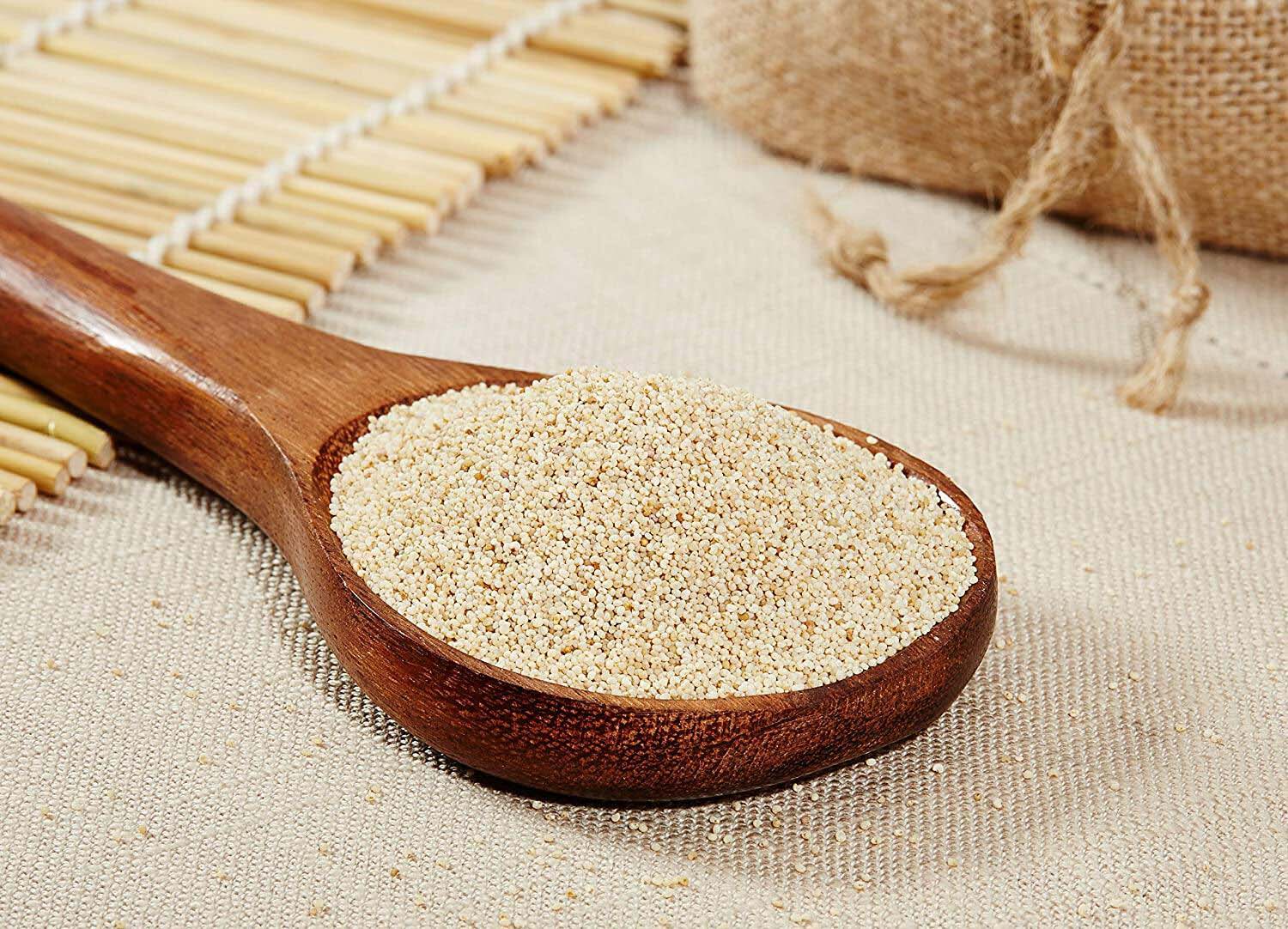
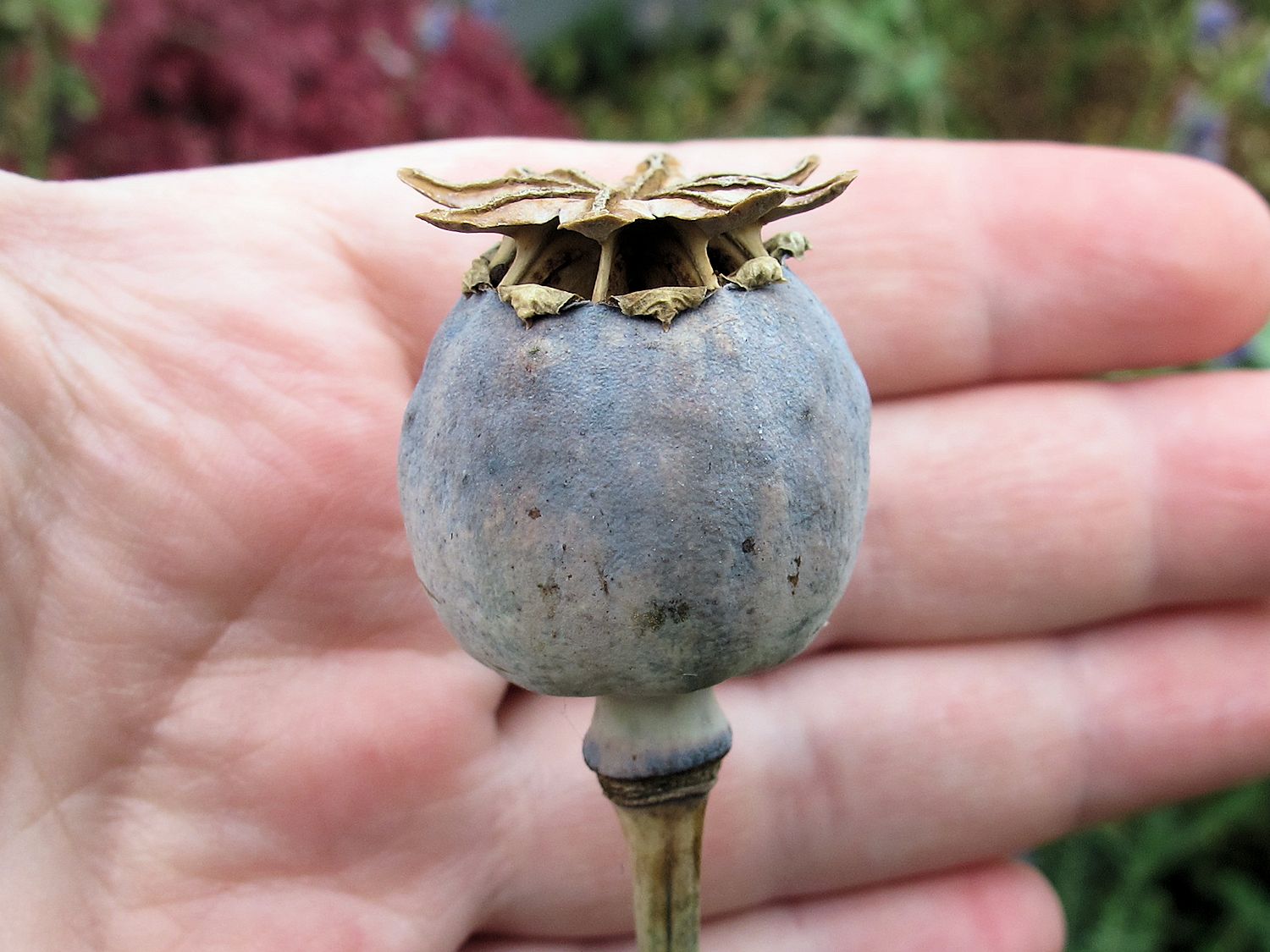


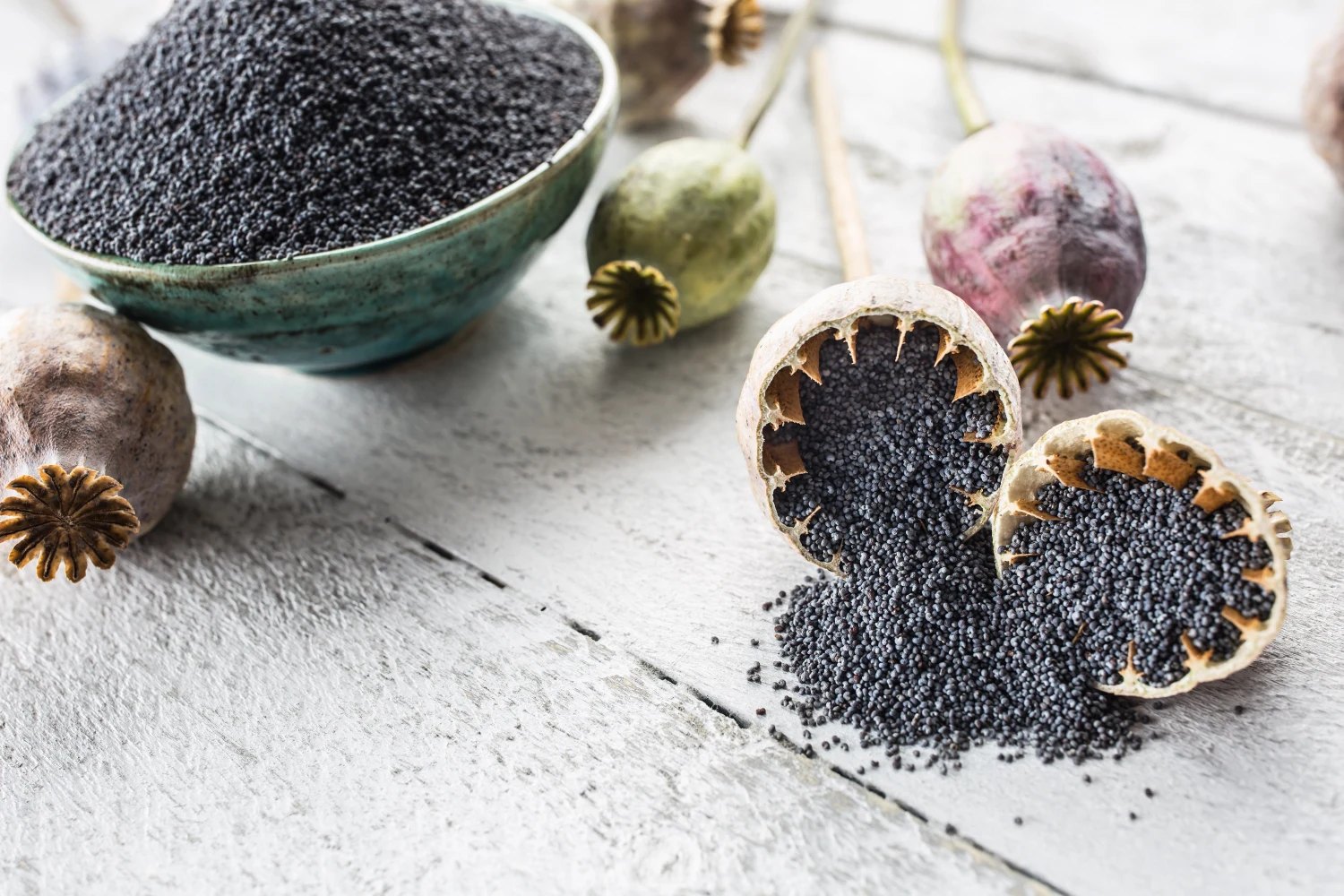
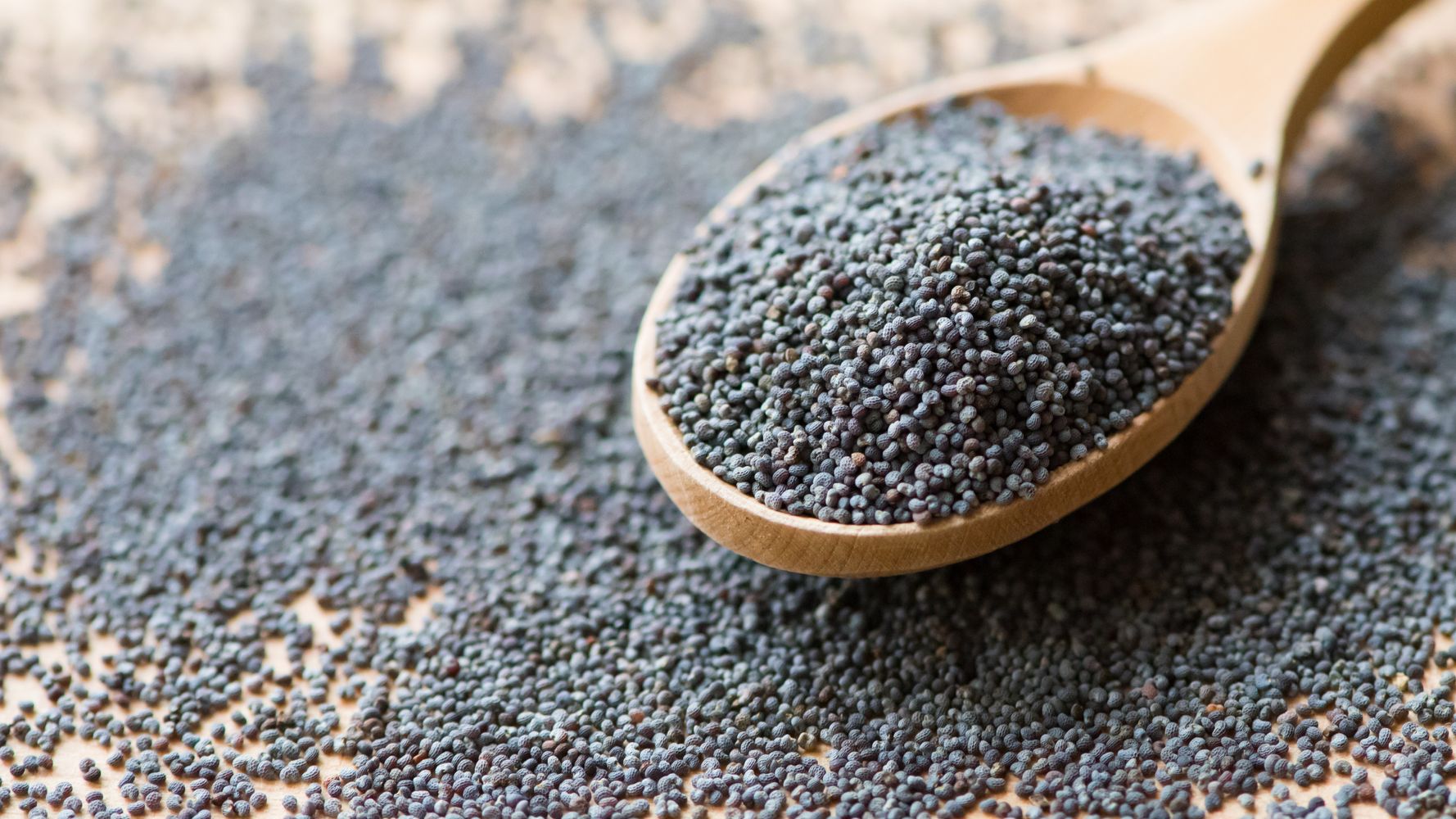
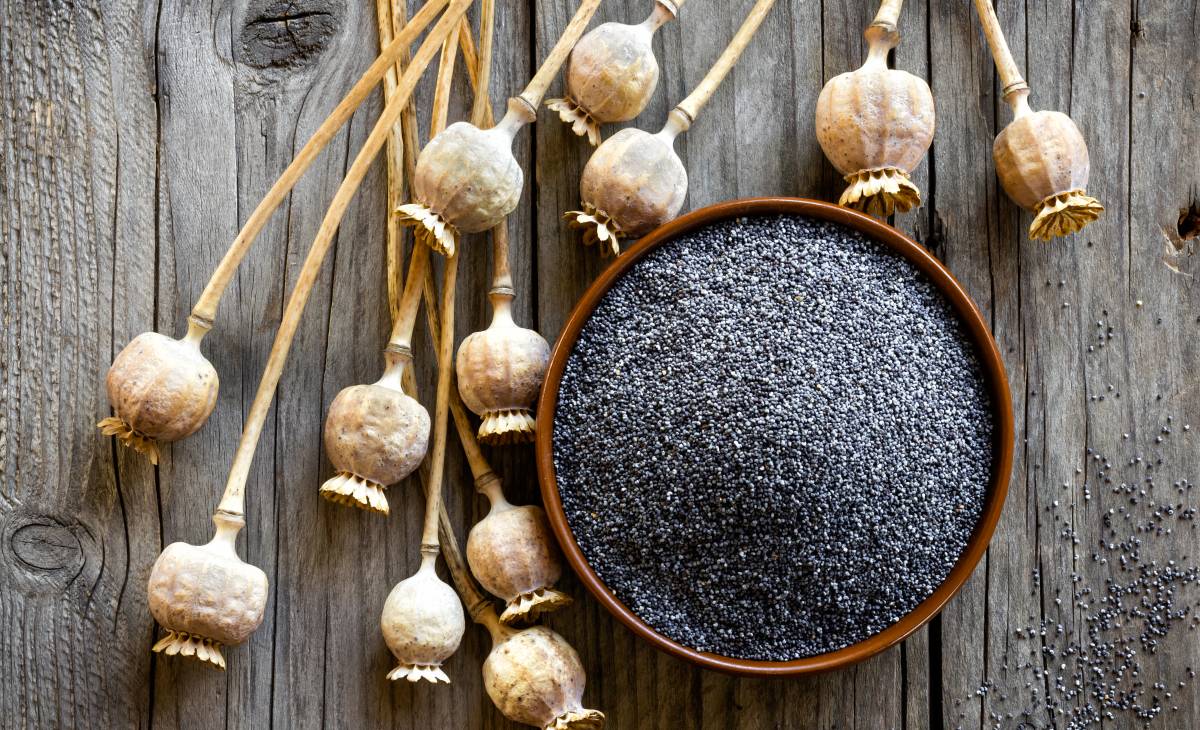
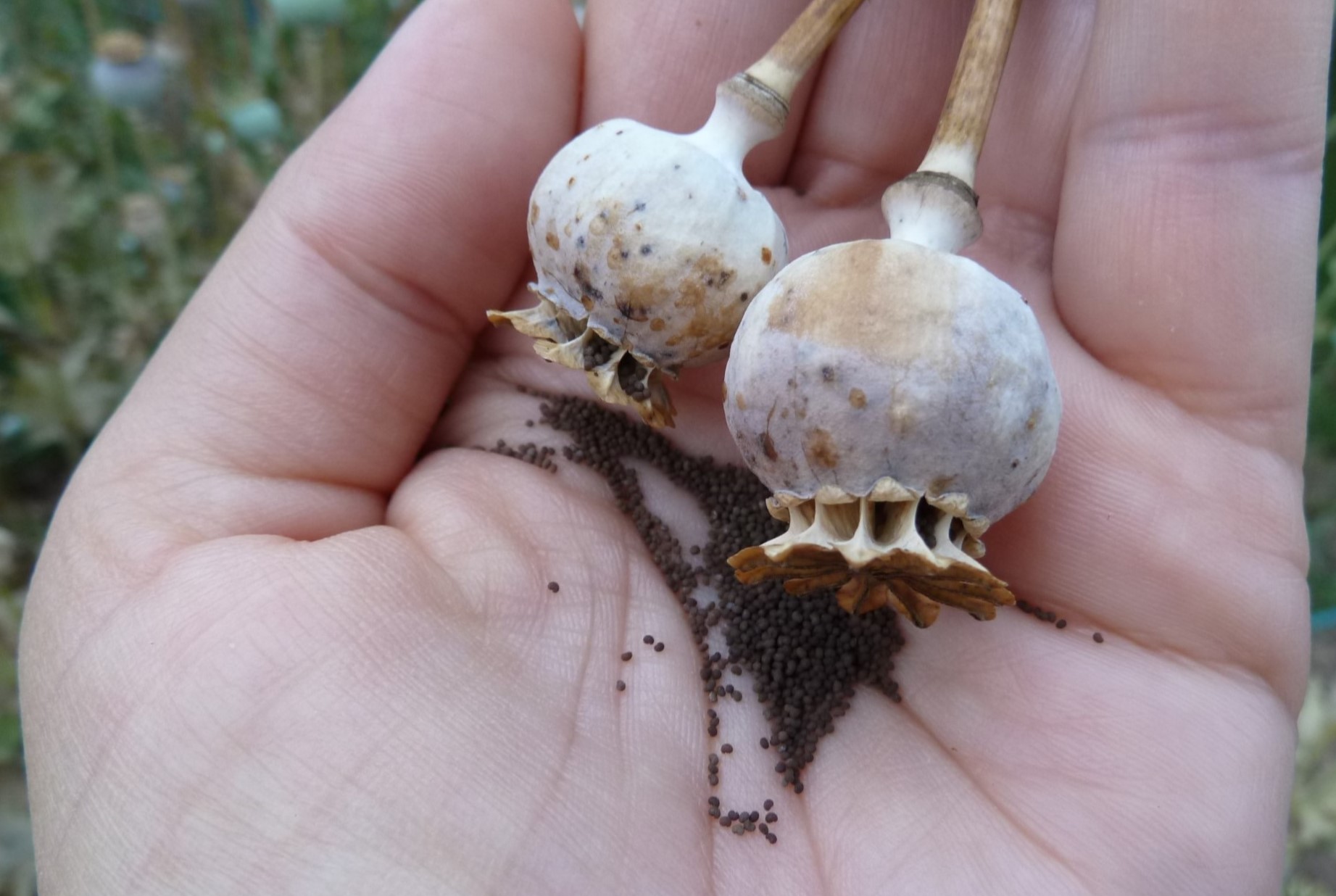
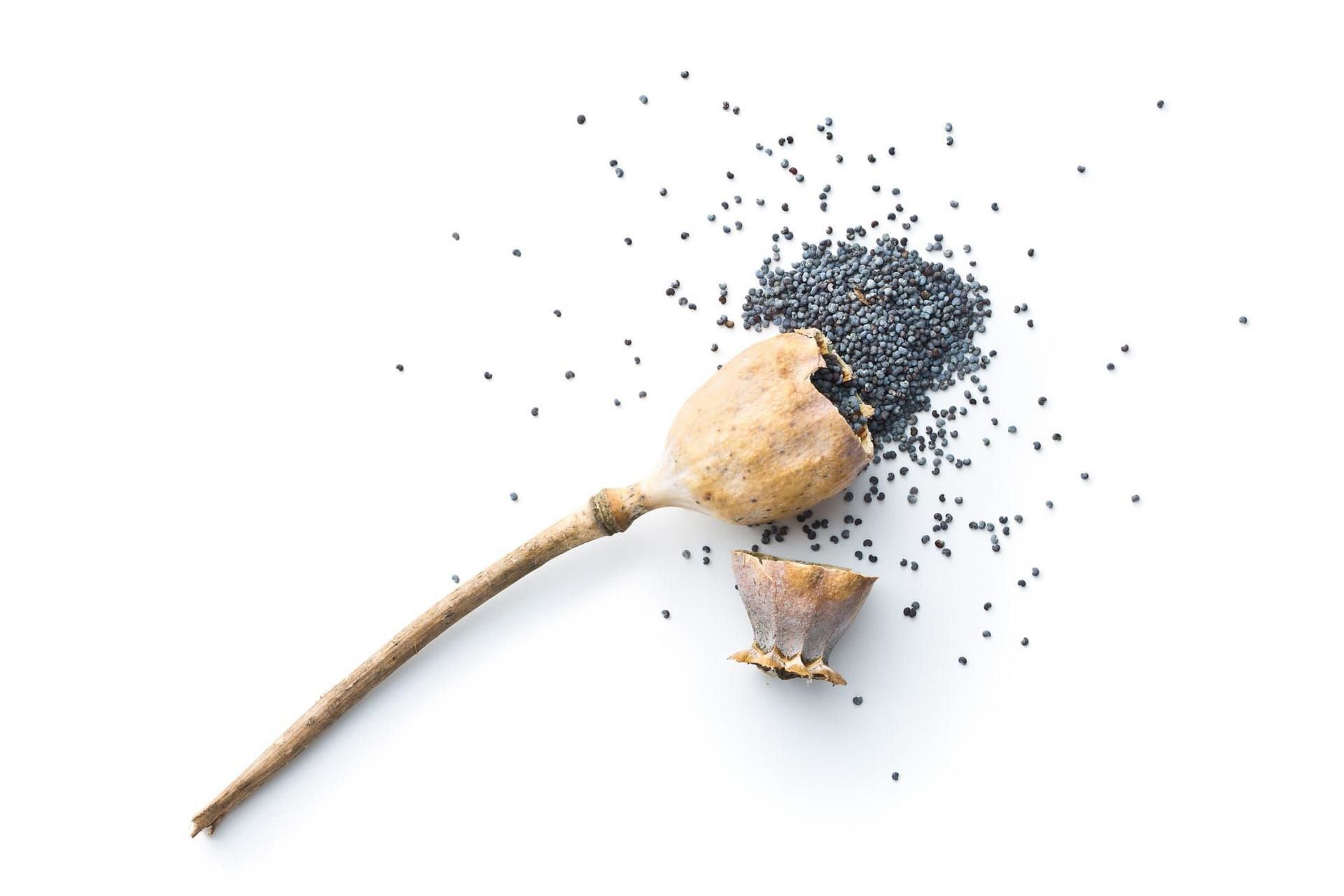
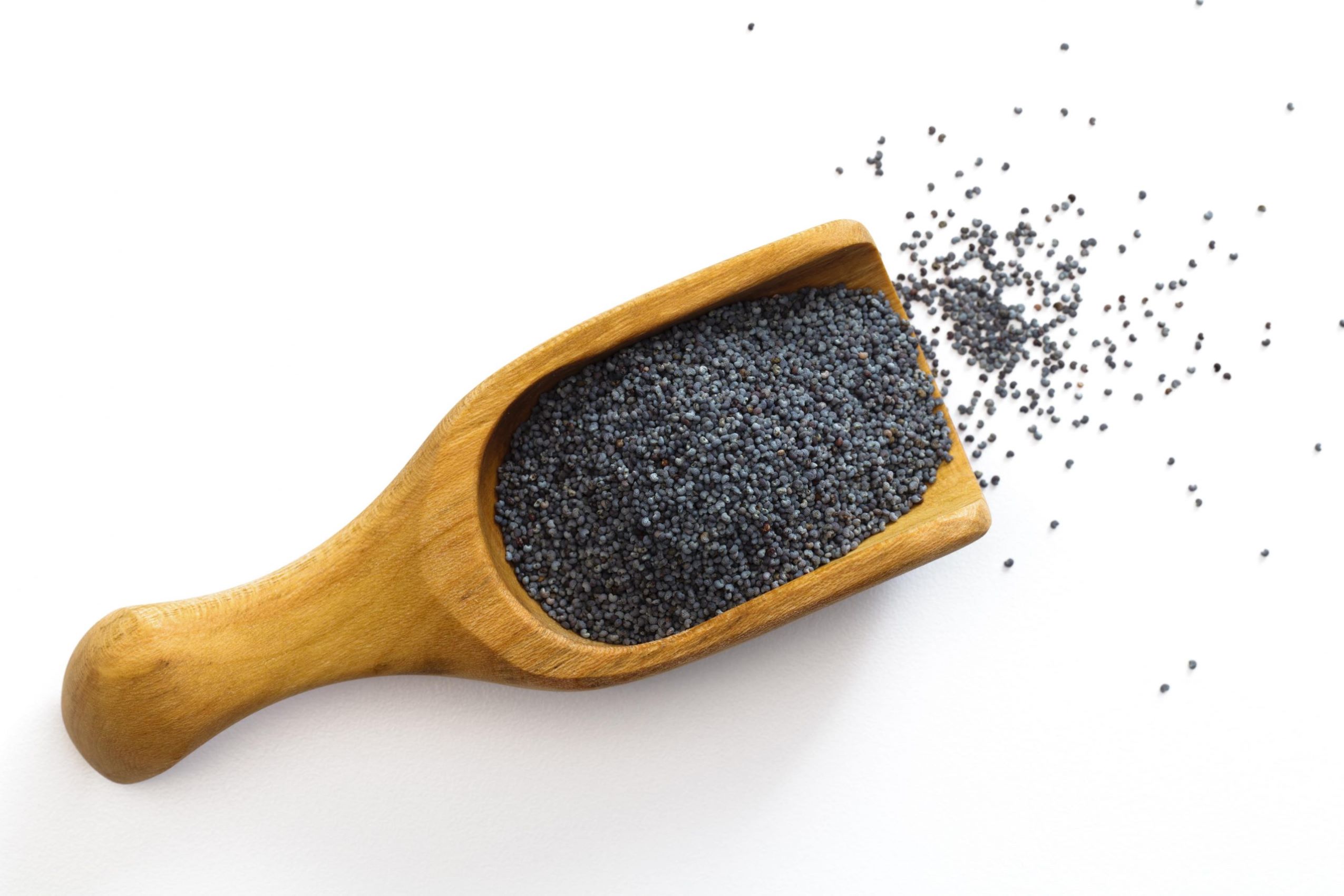



0 thoughts on “What To Do With Poppy Seeds”